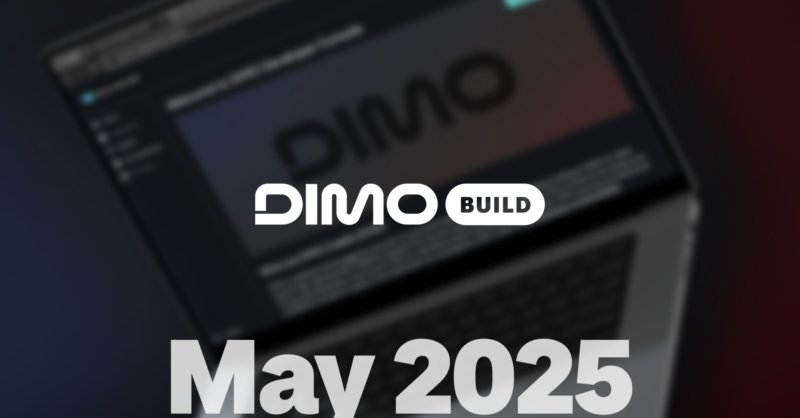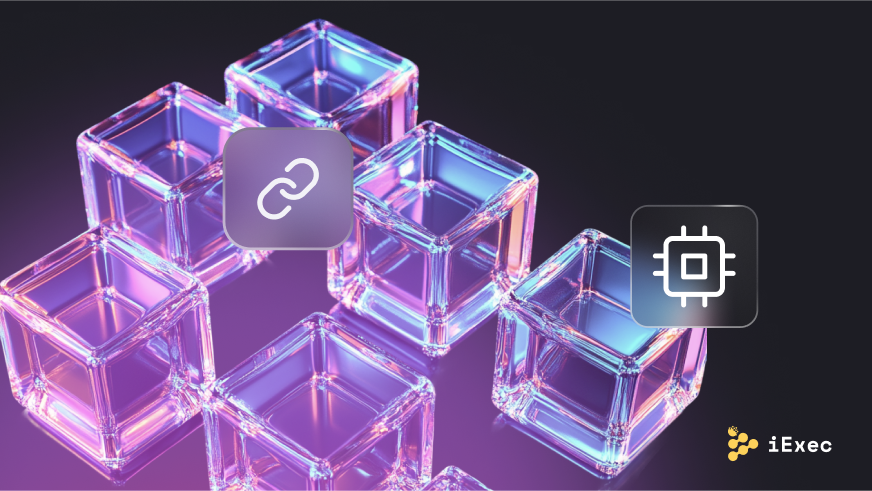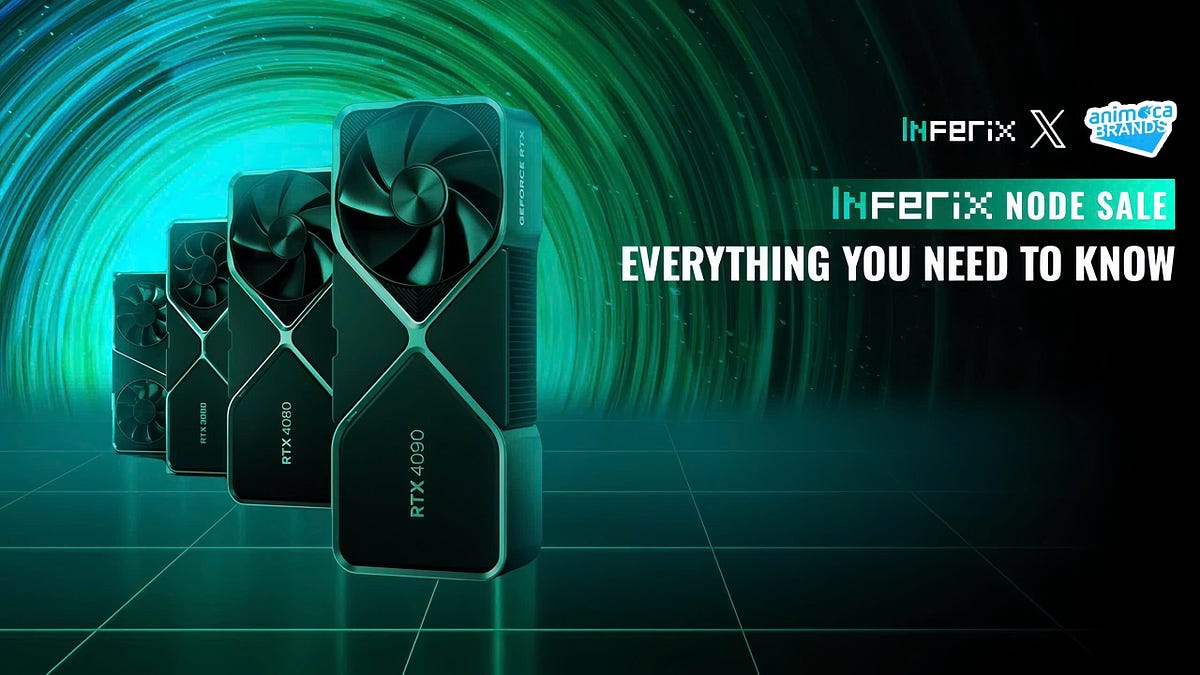The Rise of Confidential AI: Ensuring Trust and Security in AI Applications
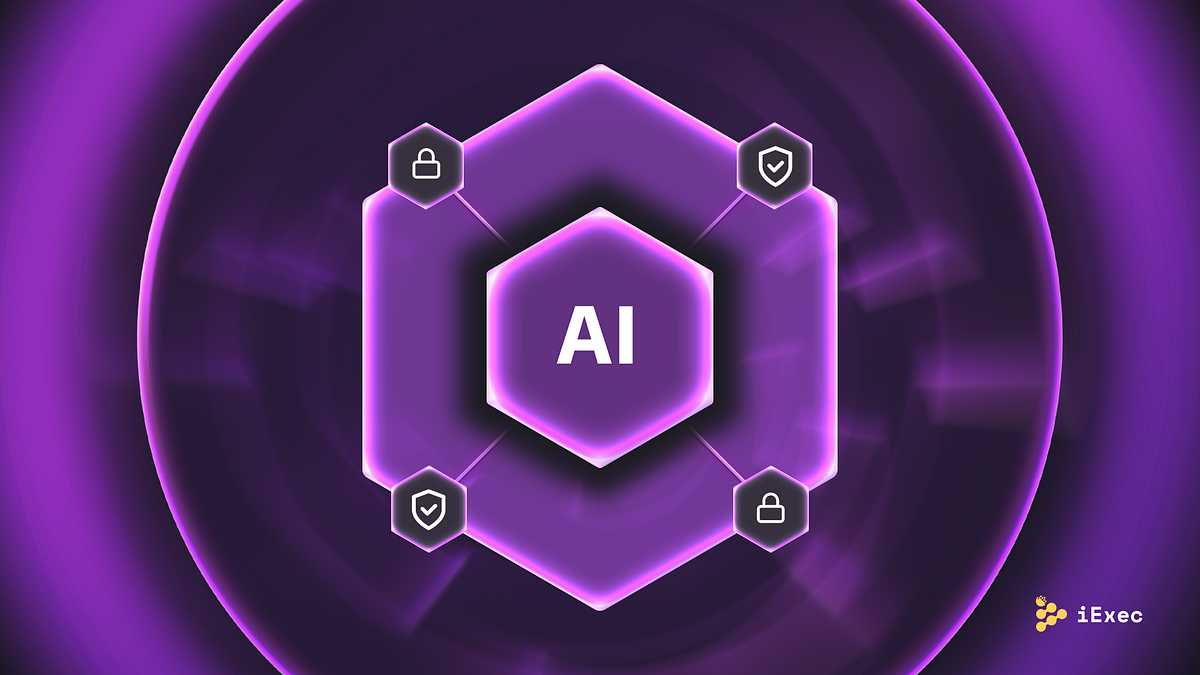
Artificial Intelligence (AI) has evolved into a crucial asset for organizations, with three-quarters now leveraging it to enhance innovation, efficiency, and growth. Analysts predict that by 2026, 80% of enterprises will utilize AI-enabled applications, significantly transforming various industries. The marketing and advertising sectors are at the forefront, using AI to secure a competitive edge. However, as AI becomes more prevalent, concerns regarding data confidentiality arise, particularly regarding the use of sensitive business and personal information in training AI systems. Ensuring confidentiality is vital not only for security but also for building trust and fairness in AI-driven decisions.
The challenges of AI, often referred to as the “black box problem,” highlight the need for transparency in AI systems. Users frequently struggle to understand how AI makes decisions, raising concerns about accountability and ethical standards. Privacy issues are compounded by the handling of personal data, and data sovereignty becomes a critical consideration, especially with cross-border data flows. As AI increasingly influences our lives, companies face the dual challenge of ensuring security while also finding ways to monetize AI applications without compromising user privacy. Confidential AI emerges as a solution to these challenges, emphasizing secure data handling and decision-making processes.
At iExec, the focus on confidential computing ensures that sensitive data remains protected throughout the AI workflow. By utilizing blockchain technology, iExec enhances the verifiability and trustworthiness of AI processes, allowing stakeholders to track each step and verify results. This integration of Confidential AI with blockchain not only safeguards data but also provides a framework for monetizing AI applications while maintaining user privacy. As advancements continue in this field, the future of Confidential AI looks promising, with ongoing developments aimed at enhancing security, transparency, and ethical considerations in AI applications.
Related News

